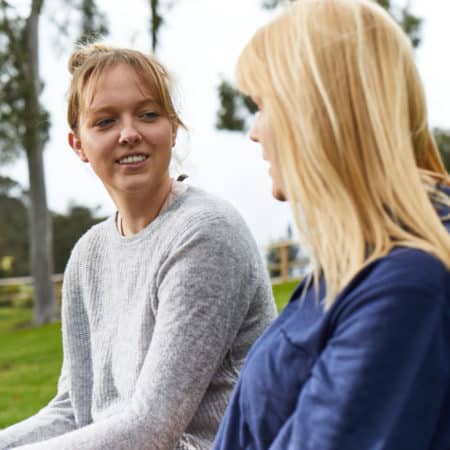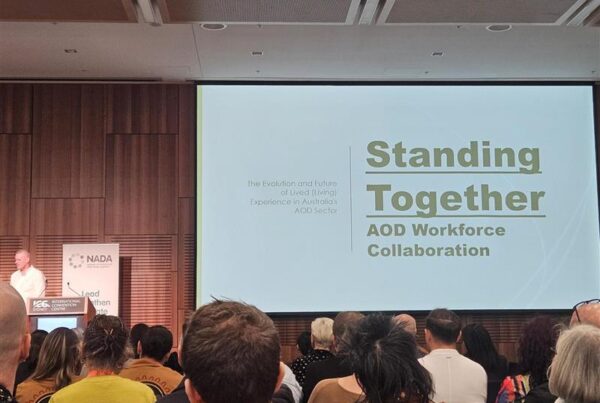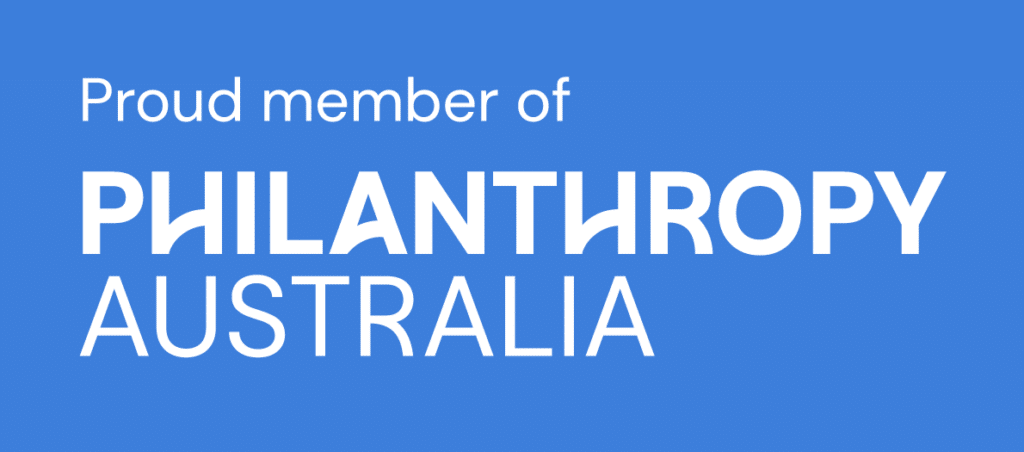Sometimes starting the conversation with a friend or loved one about harmful drug or alcohol use can be really difficult. Here’s some tips to navigate these difficult conversations and to help you, help them!
By initiating open communication and asking questions can help them feel heard and understood. It could be what they need in order to break down the barriers to them reaching out and seeking help.
It can be difficult to know where to start when initiating a conversation with a young person about their drug or alcohol use. It is important to note that this first conversation is unlikely to resolve the issue. However, it can open up communication between you and someone you care about and work towards a brighter future and better outcomes.
We know that preparing to talk about these issues can be daunting. So we have complied a list of tips to help you prepare and feel more comfortable in starting the conversation.
When preparing to start the conversation it is important to:
-
Gather your information
Make sure you have a clear understanding of what drug they are under the influence of and its effects. Ensure you have a clear idea of what it is that concerns you most about their substance use. The more informed you are about drug and alcohol facts, the better support you will be able to offer them.
See Alcohol & Drug Foundation for really useful information and resources
-
Arrange a suitable time for you both to talk
Choose a quite private place to talk where you will both feel comfortable and relaxed. It is best to only start the conversation when the person is not under the influence of drugs, if possible.
-
Listen with an open-mind
It is important to listen to everything the young person is saying and to try and find out what their life is like. It is ok to express your concerns about their drug or alcohol use, but avoid being judgmental, confrontational or becoming upset. It is OK to ask directly about their substance use, but don’t make assumptions about what they are using or why they use it. Use this as an opportunity to find out what it is like in their life.
-
Reassure them that change is possible, and that you’ll always be there for them
Communicate that there is help available to them and things can change. It can be hard to seek help so reassure them of your support and that they are not alone.
Here are some prompt questions that you might find useful to use in your conversations.
- Have you spoken to anyone about this?
- How does this make you feel?
- Is this affecting you in your everyday life?
- Do you want to try and change this?
- I’m here for you if you want to talk (or text) about this at another time. Would you like that?
Finding help and support:
Often it can be difficult to know where to begin when trying to find the right help and support services for a loved one. Sir David Martin Foundation cares about young people in crisis and understand that this can be a hard process, that is why we have created a page on our website with a full list of where to find immediate help and also alcohol and drug related support programs and services available to young people.
More information:
A selection of useful resources about youth drug and alcohol use and addiction is available on our website.
Sir David Martin Foundation funds Missions Australia’s Triple Care Farm, a residential youth drug and alcohol treatment facility in the NSW Southern Highlands. The program offers young Australians aged 16-24 a safe place to get well and prepare for new opportunities. Read more about Triple Care Farm or contact us directly if you have any questions about applying for the program (either for your self, or someone you care about).







